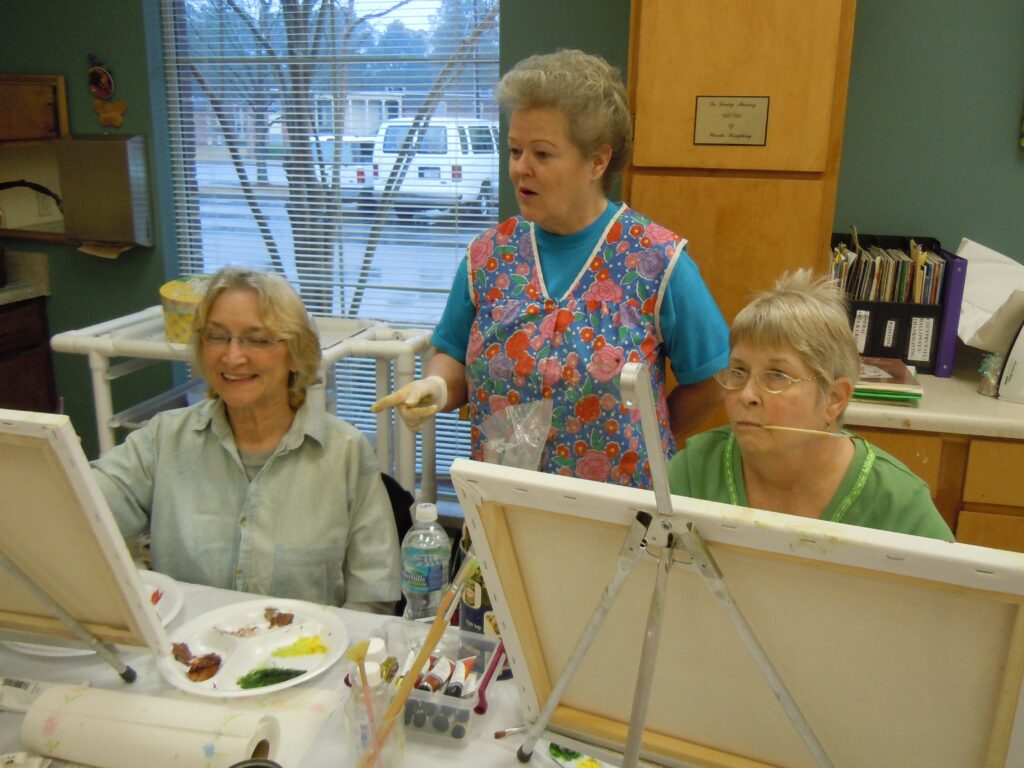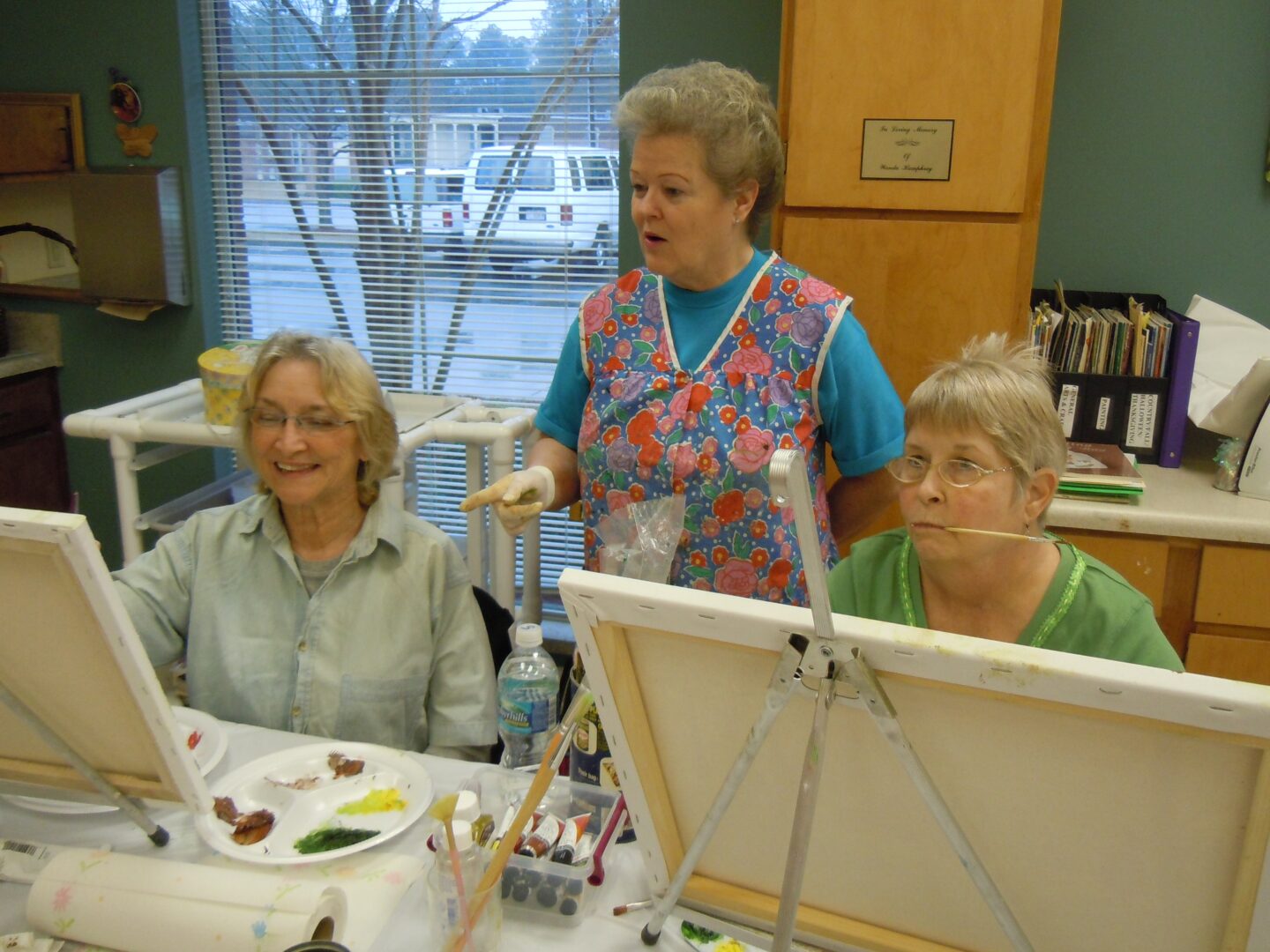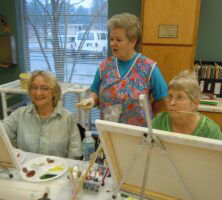Continuing education takes many forms and serves a variety of purposes. It is noncredit education and follows diverse schedules, ranging from a single lecture to several weeks of regular meetings to a multiweek travel excursion.
Continuing education is an outgrowth of the Morrill Acts of the 1800s. In 1862 the U.S. Congress authorized the first Morrill Act, which established land-grant colleges in every state. The Morrill Act of 1890 expanded the system of schools to include historically Black colleges. These public institutions replaced the classical education model with one that emphasized applied learning, which was more practical for citizens on the frontier who needed farming and homemaking skills to be successful in their new environment. Thus, continuing education originally occurred in what we know today as the Cooperative Extension Service. Georgia’s two land-grant colleges, Fort Valley State University in Fort Valley and the University of Georgia in Athens, continue this mission today, as do all other public colleges and universities in the state. Many of the state’s private colleges also offer continuing education to their communities, alumni, and other targeted groups.
Professional Development
Certain professions require practitioners to earn continuing education units in order to maintain licensure. Accountants, barbers and cosmetologists, counselors, dentists, dieticians, doctors, engineers, lawyers, librarians, nurses, and water- and wastewater-treatment employees, among others, need continuing education. Many professions provide continuing education for their members, while others rely on colleges, universities, or independent consultants to provide educational opportunities.
Not all such professional continuing education is mandated. Some businesses and organizations provide professional development for their employees through either contract or in-house training or through the granting of time and fees for individual employees to participate in continuing education provided by outside agencies. Individuals can also pursue training independently of their employers. Often such training allows workers to garner new skills that will enable them to be more competitive in the job market or equip them for an entrepreneurial venture.
Leisure Learning
Some people participate in organized learning as a form of leisure activity. Course offerings may include arts and crafts, book discussions, bridge, cooking, woodworking, and many other pursuits that bring enjoyment or fill a social need. The providers are as diverse as the topics. School districts and public libraries often offer this type of “community education,” as do arts and historical groups, businesses, and colleges. For example, fabric stores may offer sewing classes, while colleges may target particular age groups, such as children for a science camp or seniors for a computing course.

Travel Learning and Elderhostel
People who enjoy the combination of learning and travel frequently participate in travel programs offered by colleges or historical and artistic groups. Some university alumni associations plan trips with a professor as the tour leader and lecturer. Such travel learning experiences may be walking tours, day- or monthlong bus tours, or excursions abroad. Elderhostel, a nonprofit organization founded in 1975, targets participants 55 years and older and offers 10,000 programs annually in 90 countries, with participants totaling nearly 200,000 per year.
Personal Development
A number of continuing education offerings fall into the category of self-improvement or personal development. Noncredit short courses in etiquette, exercise, money management, nutrition, and weight loss are examples of this type of continuing education. Businesses, colleges, health clubs, hospitals, medical centers, and YMCA/YWCAs are among the common providers.
Basic Skills
This type of continuing education refers to literacy education for those learning to read or write and General Educational Development, or GED, test preparation for those who are seeking to earn a high school equivalency certificate. English as a Second Language programs also fall within this category. Public libraries, public school districts, and public technical colleges are the primary providers. Some chambers of commerce participate in the statewide Certified Literate Community Program, which collaborates with various agencies to set goals and support literacy programs within their communities.
Adult education degree programs are provided by Armstrong State University in Savannah, the University of Georgia, and Valdosta State University in Valdosta.






